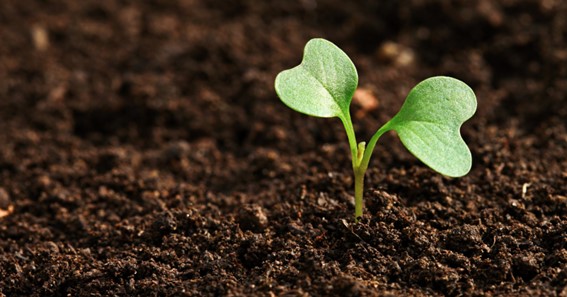Are you curious to know what is pedogenesis? You have come to the right place as I am going to tell you everything about pedogenesis in a very simple explanation. Without further discussion let’s begin to know what is pedogenesis?
What Is Pedogenesis?
Pedogenesis refers to the natural process of soil formation, which involves the transformation of rock, minerals, organic matter, and other materials into soil over time. It is a complex process that takes place over several hundred to several thousand years, depending on the geological and environmental conditions of the area.
Soil formation involves a combination of physical, chemical, and biological processes, which interact with each other to create a unique soil profile. These processes include weathering, erosion, deposition, organic matter accumulation, and mineral transformations.
The first stage of soil formation is the weathering of rock and mineral particles by physical, chemical, and biological processes. This process breaks down the large rock particles into smaller particles, creating the base material for soil formation.
The next stage is the accumulation of organic matter in the soil. This can be done through the decomposition of dead plant and animal matter, which enriches the soil with essential nutrients and creates a habitat for soil organisms.
As organic matter accumulates in the soil, it starts to interact with minerals and other materials, leading to chemical reactions that create new compounds and change the soil’s properties. For example, the interaction between organic matter and minerals can create humus, which is a dark, spongy material that improves soil structure and nutrient availability.
Other processes, such as erosion and deposition, also contribute to soil formation. Erosion can remove topsoil from the surface, while deposition can bring new materials into the soil profile. Over time, these processes create distinct soil horizons or layers, each with unique properties.
Pedogenesis is influenced by several factors, including climate, geology, topography, and vegetation. For example, the type of vegetation growing in an area affects the amount and type of organic matter that accumulates in the soil, which in turn affects the soil’s nutrient content.
Understanding the process of pedogenesis is essential for soil conservation and management. It provides insights into the formation and properties of different soil types and helps to identify the factors that affect soil health. By managing soil resources sustainably, we can ensure that they continue to provide essential ecosystem services, such as nutrient cycling, water retention, and carbon sequestration, for generations to come.
Conclusion:
Pedogenesis is the natural process of soil formation, which involves the transformation of rock, minerals, organic matter, and other materials into soil over time. It is a complex process that takes place over several hundred to several thousand years and involves physical, chemical, and biological processes. Understanding the process of pedogenesis is essential for soil conservation and management, and it helps to identify the factors that affect soil health. By managing soil resources sustainably, we can ensure that they continue to provide essential ecosystem services for generations to come.
FAQ
What Is The Meaning Of Pedogenesis?
Pedogenesis: The process of soil formation is called pedogenesis. Pedogenesis is influenced by organisms present in the soil, climatic conditions, weathering, and other biogeochemical activities. Weathering is the initial step in soil creation.
What Is Paedogenesis In The Formation Of Soil?
It is defined as the process of the development of soil from the rocky crust of the Earth. It ensures the soil is enriched in humus and minerals. It provides nourishment and support to the soil for the growth of vegetation and the survival of soil-swelling organisms.
What Is The Scientific Study Of Soil Called?
Pedology is the study of soils in their natural setting (Figure 1) and has been equated with the study of soil genesis and soil classification. The people who study soils in these ways are pedologists.
What Are The Factors Responsible For Soil Formation?
Scientists attribute soil formation to the following factors: Parent material, climate, biota (organisms), topography, and time.
What is the meaning of Pedagenesis
What is pedogenesis?



